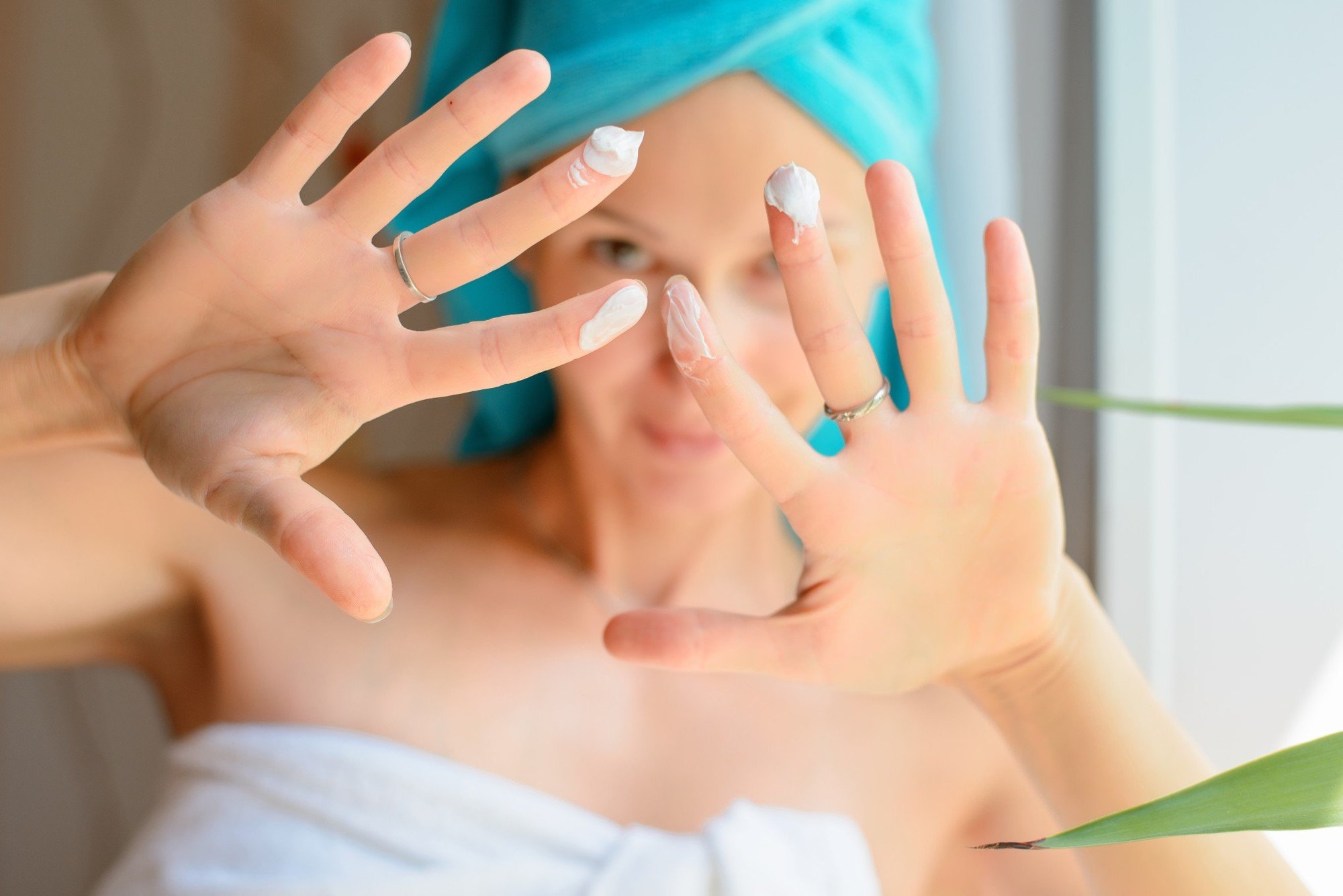
In the past couple of years, interest in skin care has exploded. Terms like "face masks," "self-care," and even "booty masking" have gone from rarely used terminology primarily bandied about by self-proclaimed "skintellectuals" to being commonplace, with dozens of masking options in the aisle at every big box store, and beauty blogs running fresh articles on hot new products every two seconds. On the one hand, this new interest in taking care of ourselves and our skin is objectively wonderful — everyone should find time to set aside and be good to themselves throughout the week, and taking care of our skin means we'll be making our largest organ healthier and happier in the long run. But there are so many options on the market now, which means that it's also super confusing.
The truth is, not all skin care products are created equal — and some methods that are considered "tried and true" aren't necessarily all that great for us. So what are some genuinely healthy, easy, nontoxic ways to get better skin? Read on to find out. And in the spirit of taking care of our skin as the seasons change, try some seasonal skin care tricks to keep the skin looking healthy all year. The routine we use in the summer isn't going to work for us in the winter, and vice versa — use these tips to combat the dry air from our heater in the winter, the humidity of summer, and more complicating factors. As summer winds down, look to ways to keep that summer glow all year to extend that warm, happy, healthy-looking sheen we get in the summertime to the rest of the seasons. And finally, the routine we used when we were 22 isn't going to work for us as we get older, so we need different skin care products in our beauty routine in our 30s.
Drink Another Glass of Water
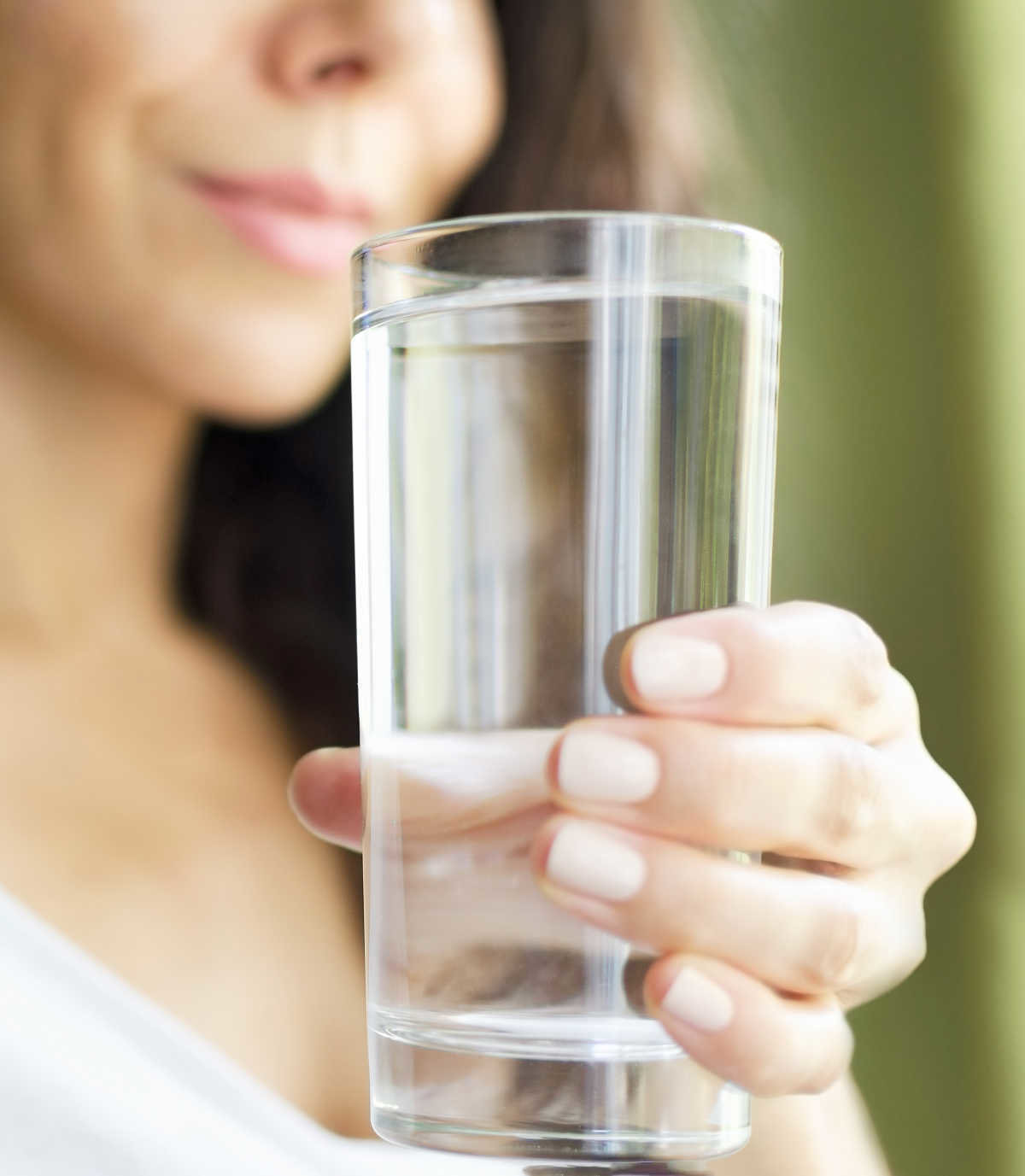
Every detox begins with one thing: water.
When we dig a little into the research, it's easy to find that water is not the cure-all it's often purported to be when it comes to glowing, healthy skin. But that doesn't mean we shouldn't be drinking our fair share, if only to avoid the many ill effects of dehydration.
Read the Label
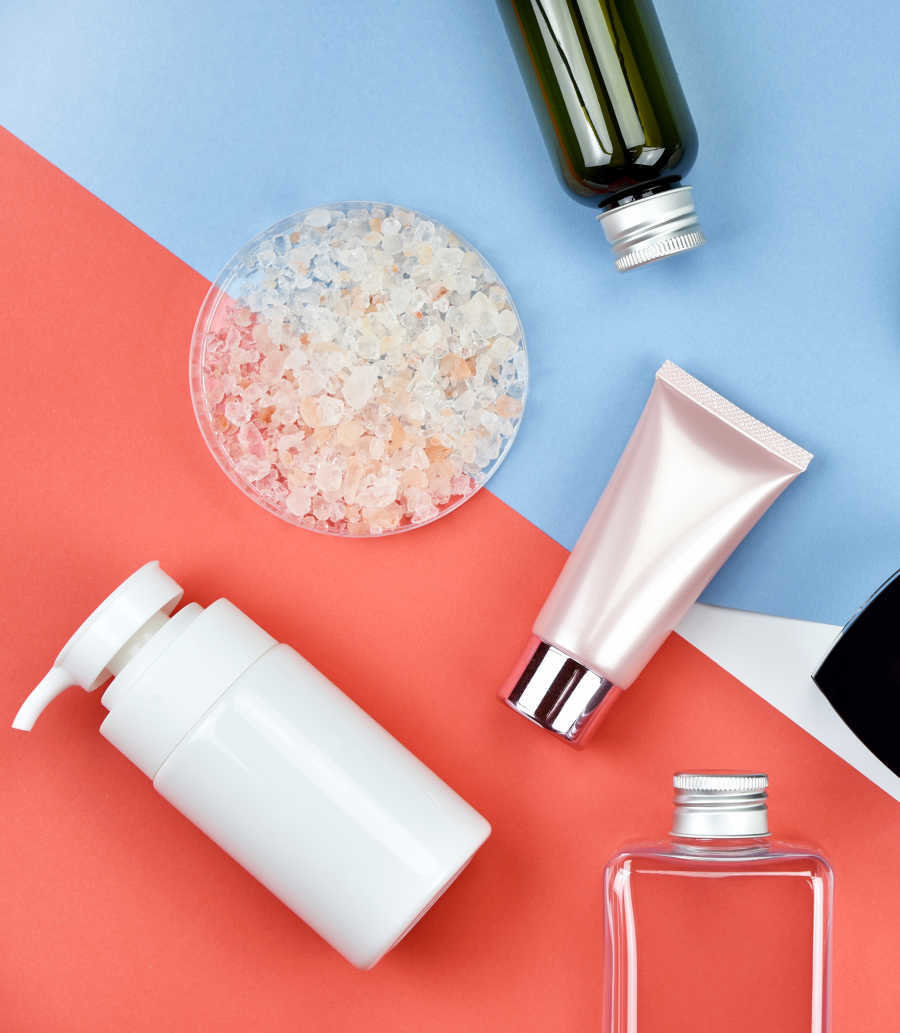
According to the Environmental Working Group, the average woman uses 12 products per day, containing 168 unique ingredients. That's a lot of ingredients to consider. Perhaps the easier way is to scan labels for the biggest offenders — which the EWG calls the Cosmetics Dirty Dozen.
- BHA and BHT
- Coal tar dyes
- DEA
- Dibutyl phthalate
- Formaldehyde-releasing preservatives
- Parabens
- Parfum (aka fragrance)
- PEG compounds
- Petrolatum
- Siloxanes
- Sodium laureth sulfate
- Triclosan
Stick With Sunscreen
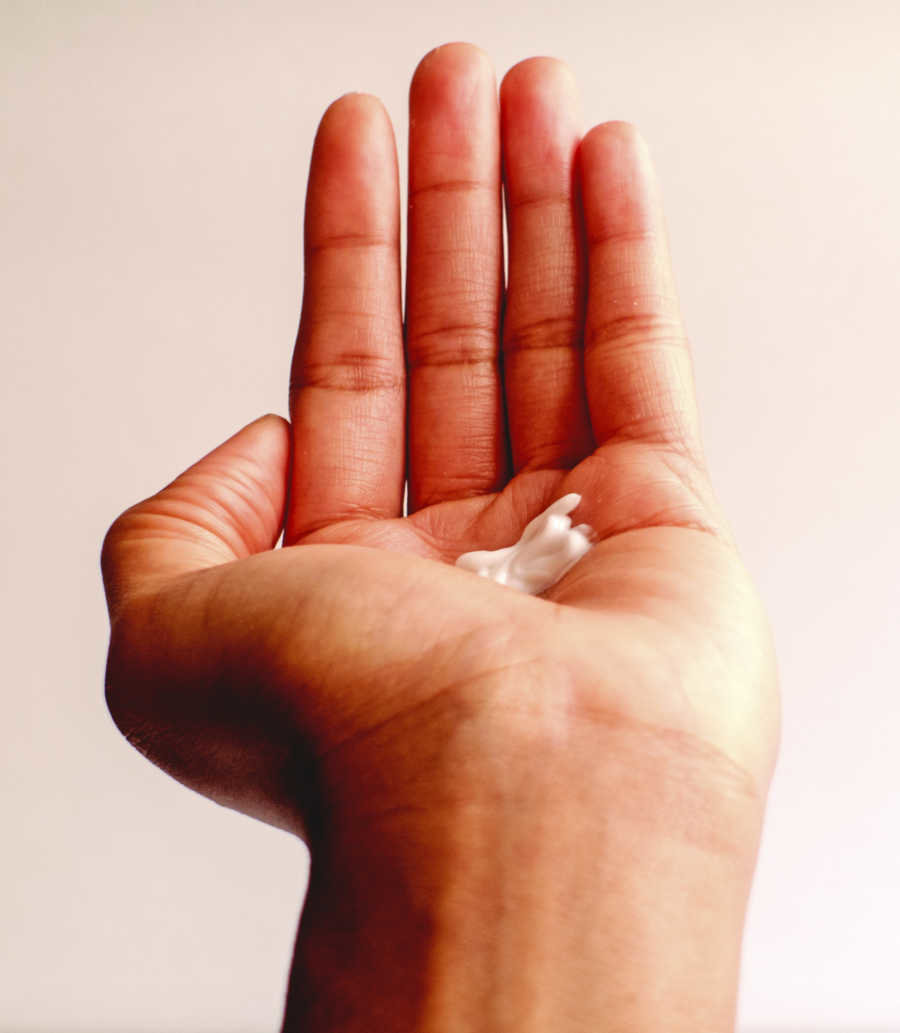
Ah, the sunscreen conundrum. Most of us would like to avoid skin cancer, as well as all the signs of visible aging associated with sun exposure. But so many sunscreens leverage questionable chemicals to help make that happen. According to the EWG, the top chemicals to avoid are retinyl palmitate and oxybenzone — plus things like unnecessarily high SPF, added insect repellent, or aerosol cans. Dig down into the group's sunscreen guide for product-by-product comparisons.
Skip the Soap
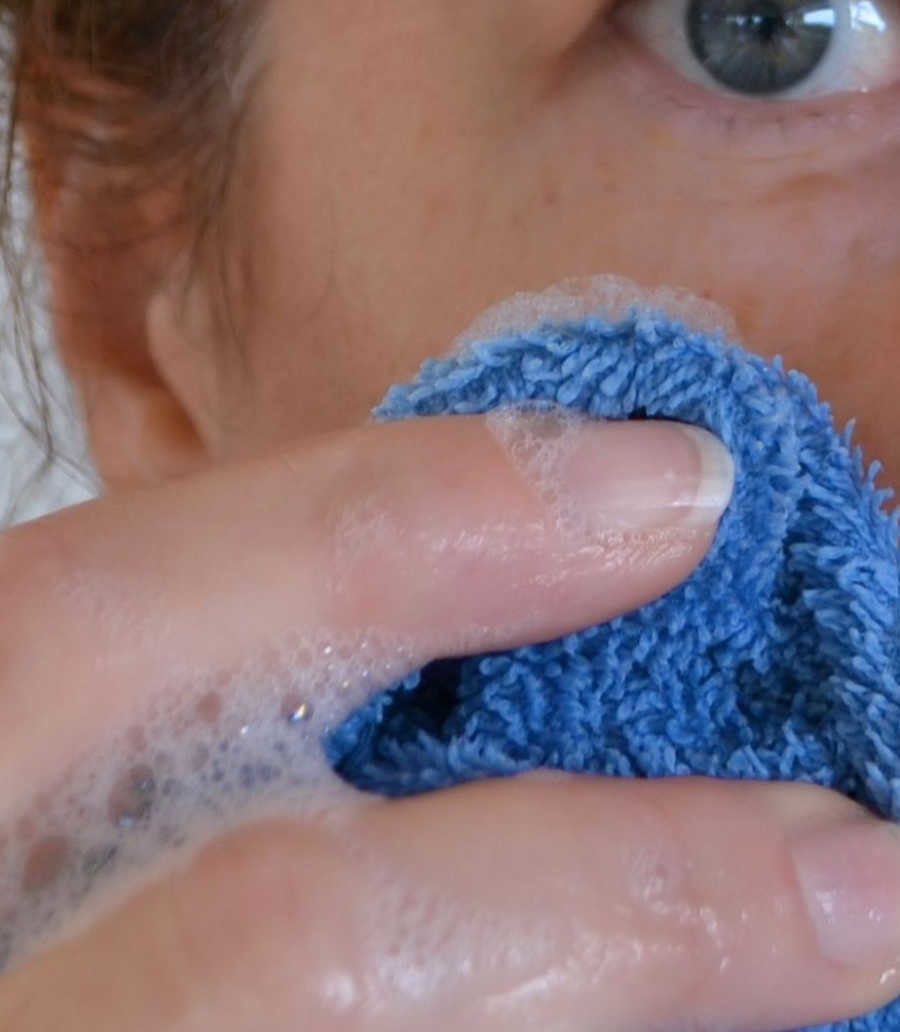
Banish the term "squeaky clean." The same chemicals that strip away the dirt and germs take with them the natural oils and immune-boosting bacteria skin needs to stay healthy. Non-detergent cleansers, which are mild, do the trick without damaging the skin barrier — consider oil cleansers or micellar water, as well.
Turn Down the Heat

Hot water can be harsh and drying — and the effects tend to get worse as we grow older. Macrene Alexiades-Armenakas, assistant clinical professor of dermatology at Yale School of Medicine, told Women's Health U.K., "When you're in your 20s, you can take a hot shower, be red and swollen, and recover in an hour, but in your 30s, it may take two hours. By your 40s, your skin just doesn't have the ability to shrink back to its original state, so you stay ruddy all the time."
Get That Beauty Rest

We're being literal here. Lack of sleep doesn't just make us puffy or give us raccoon eyes — although both of those things are true. It also triggers cortisol, which has a cascading effect on our skin, including making inflammatory skin conditions, like acne or psoriasis, even worse.
Ditch the Dairy
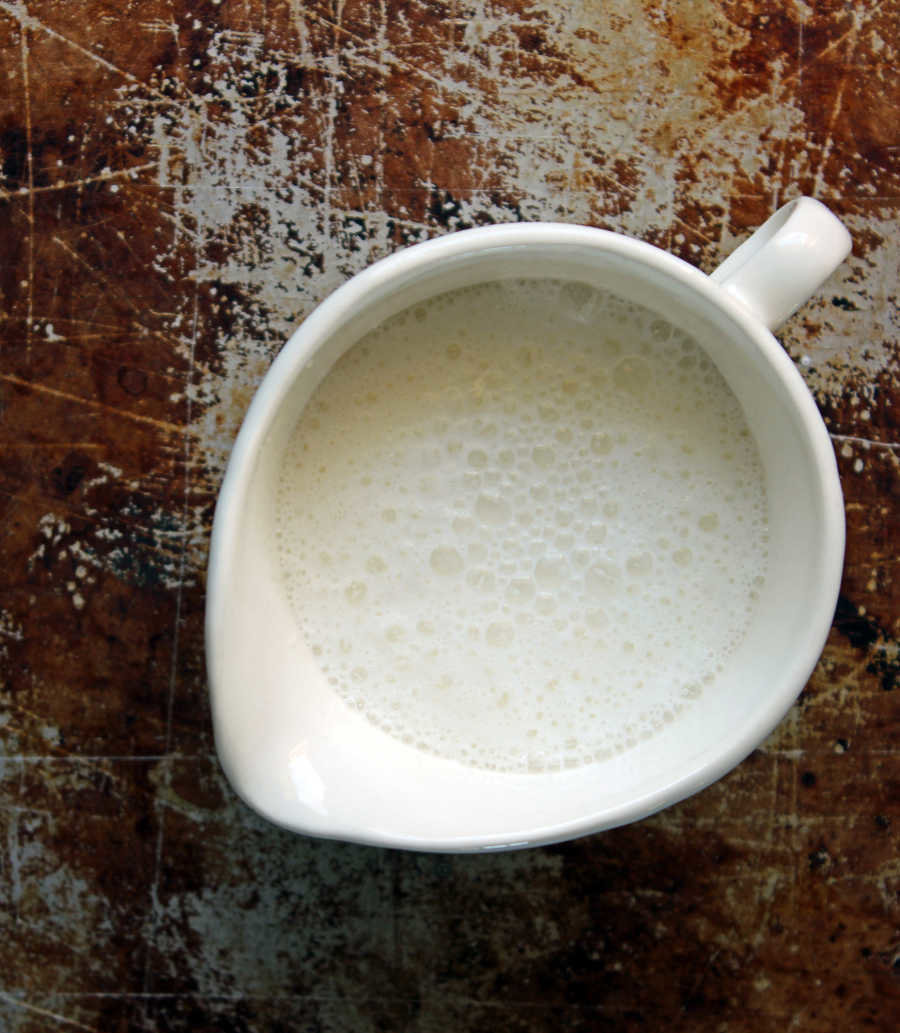
While the science is not 100% settled, the anecdotal evidence is pretty overwhelming. For acne-prone skin especially, cutting dairy out — or even cutting it down somewhat — can make a dramatic difference. It's at least worth an experiment for a few weeks to see if there's a change!
Eat the Rainbow

Eating a wide range of colorful fruits and vegetables is going to do the whole body good — including our skin. Nutrients that are key? Beta-carotene, vitamins C and E, zinc, and selenium. Vitamin C, in particular, is a powerful antioxidant. Adding healthy fats and omega-3s round out our meals and benefit our skin, too.
Exercise

Breaking a sweat doesn't just keep our heart healthy, it can also improve our skin by increasing blood flow and decreasing cortisol (the stress hormone). It can even make us look younger on a molecular level — yes, it's just that good.
Take All Claims With a Grain of Salt

Words like "natural," "pure," and even "organic" are basically meaningless when it comes to beauty products in the US. Only about 30 ingredients are regulated by the US Food and Drug Administration. Compare that to more than 1,400 in Europe and Australia. (The pending Personal Care Products Safety Act, which has support from the likes of reality star Kourtney Kardashian, aims to change that.) That's why it pays to be an educated consumer of beauty products, and to embrace the kind of lifestyle changes that will result in glowing, healthy skin, without the toxins.
Think Positively About Bacteria for a Change
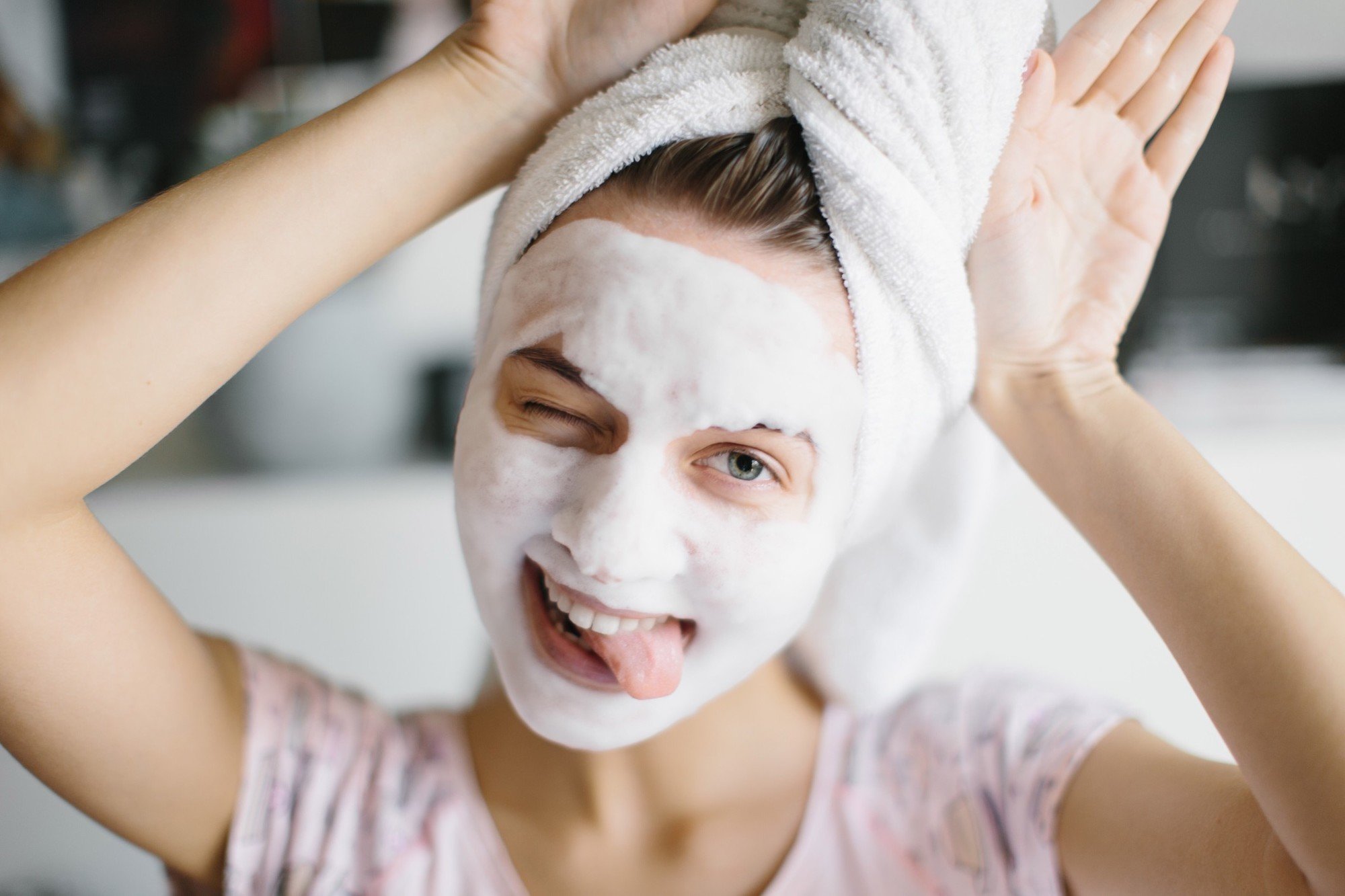
By now, we've all heard how great probiotics are for our guts — and how we're supposed to eat probiotic-rich foods like kefir, yogurt, and kimchi. But not everyone knows that there's good bacteria on our faces, too! Consider looking for probiotic-rich skin care products — they can change the whole game.
Consider the pH of Products
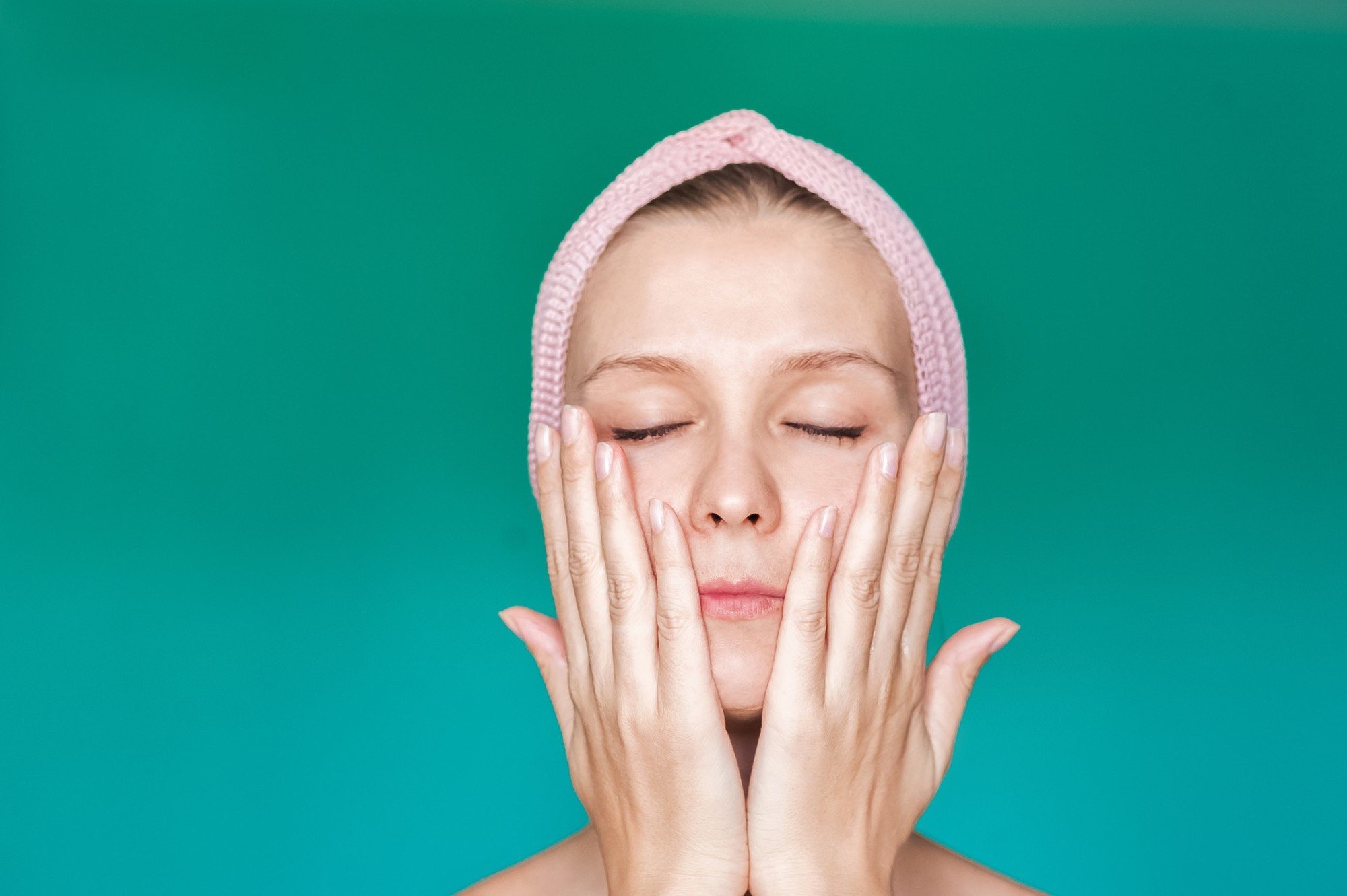
Our skin has its own natural skin barrier, also called the "acid mantle" or moisture barrier, which is a fine film on our skin's surface that keeps bad stuff like viruses out. Products that have the wrong pH — too high or too low — can disrupt it and weaken it, which is one reason we should never put highly acidic ingredients like lemon juice on our faces.
Add a Vitamin C Serum to the Routine
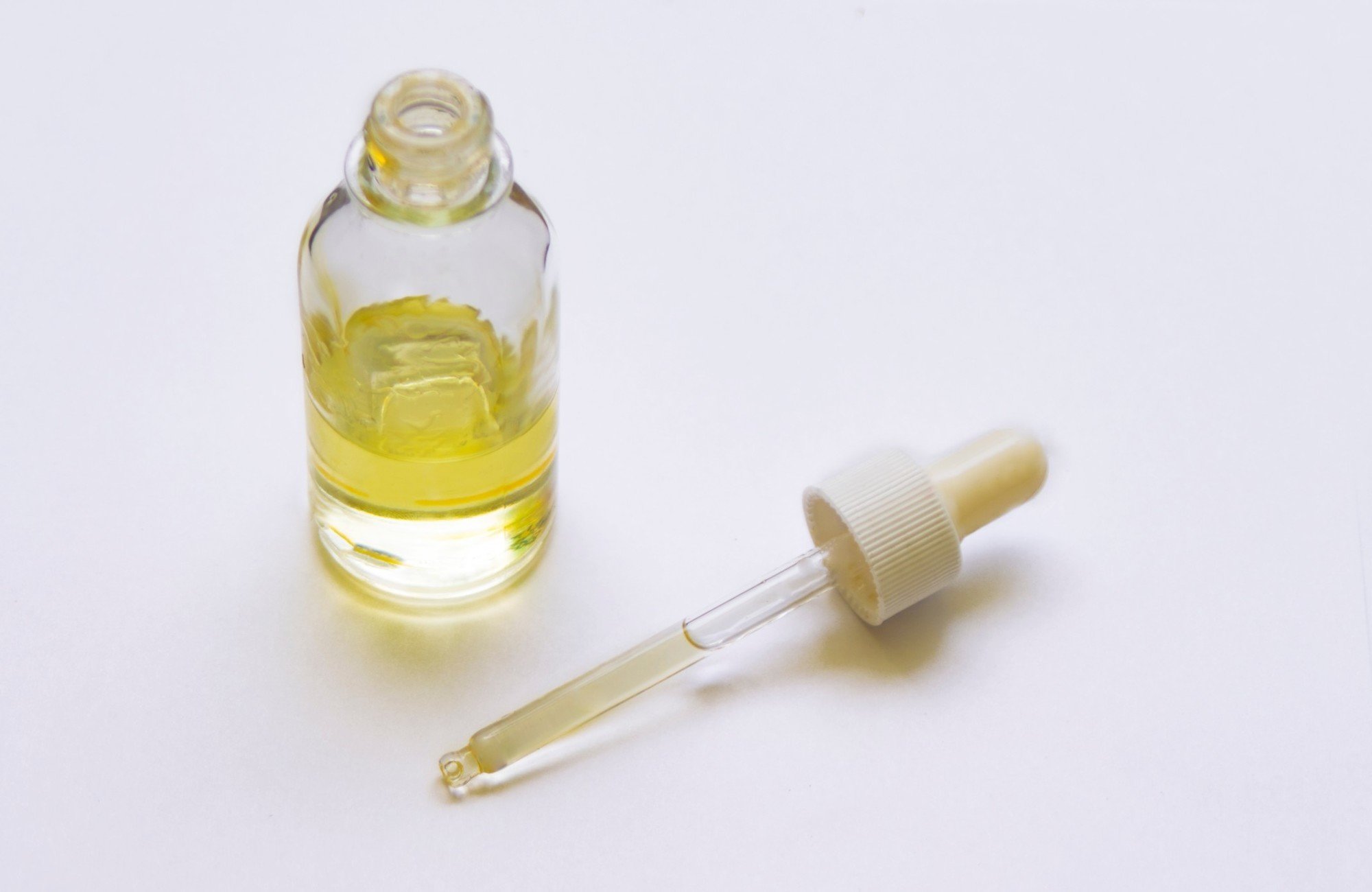
This one, simple, three-second step is a game changer for a lot of people's skin. It creates brightness, minimizes dark spots, help reduce old acne scars, and new age spots … it's kind of a miracle worker in a jar. Go for a stable, pH-balanced, high-quality option — which doesn't have to cost a million dollars. We like Mad Hippie Vitamin C Serum ($28, Amazon) and Ghost Democracy Lightbulb Vitamin C Serum ($34, Verishop).
Psst: If purchasing an item on this list, CafeMom may receive a small cut. Each item and price is up to date at the time of publication; however, an item may be sold out or the price may be different at a later date.
Consider Using Bakuchiol
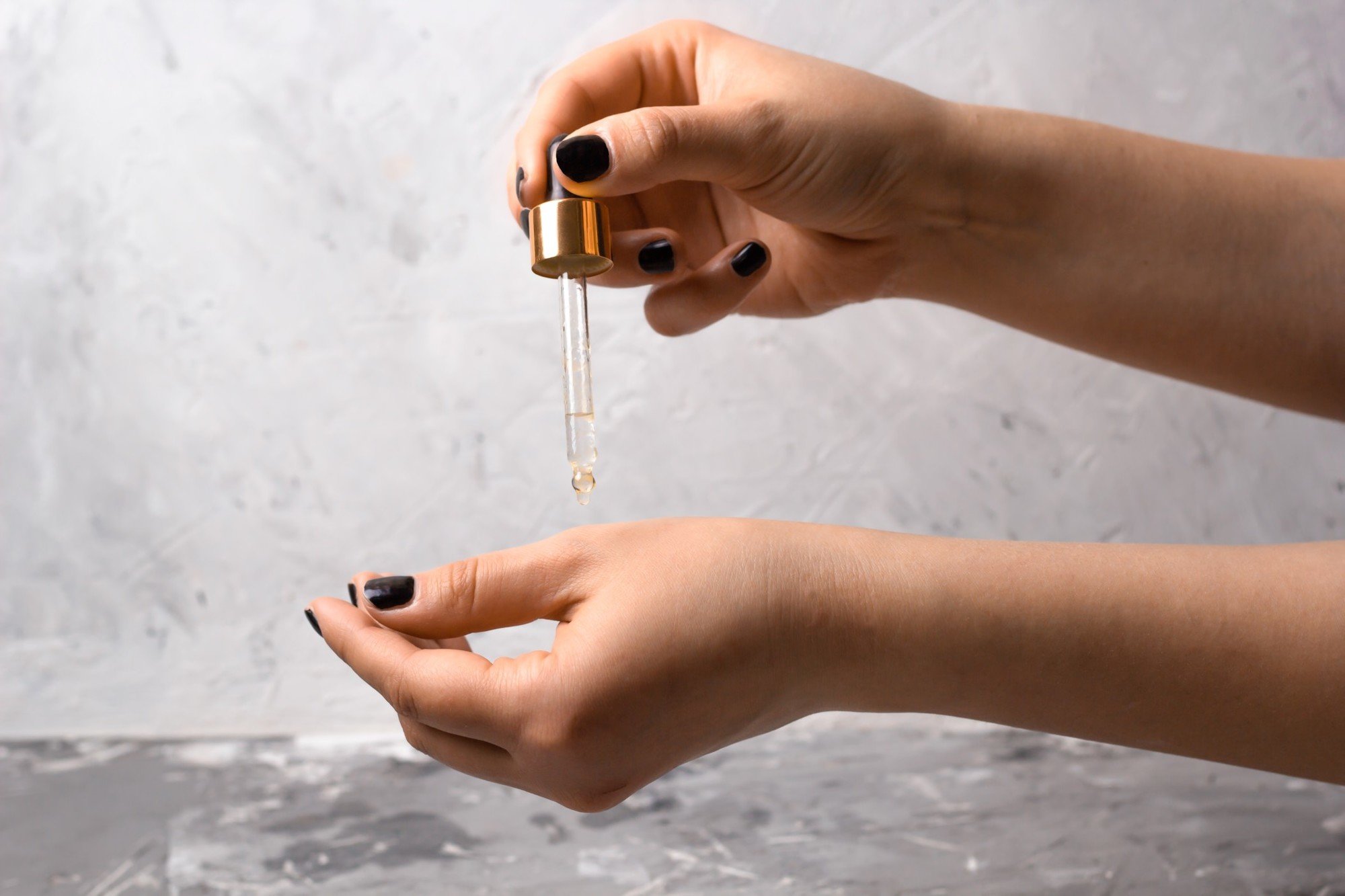
Bakuchiol is a natural, plant-based retinol alternative that mimics some of the effects of retinol without any of the potential side effects. Retinol is still the gold standard for many dermatologists, but there's some limited evidence that it's been linked to reproductive organ toxicity, which … eek.
Buy a Good Humidifier (& Clean It Regularly)
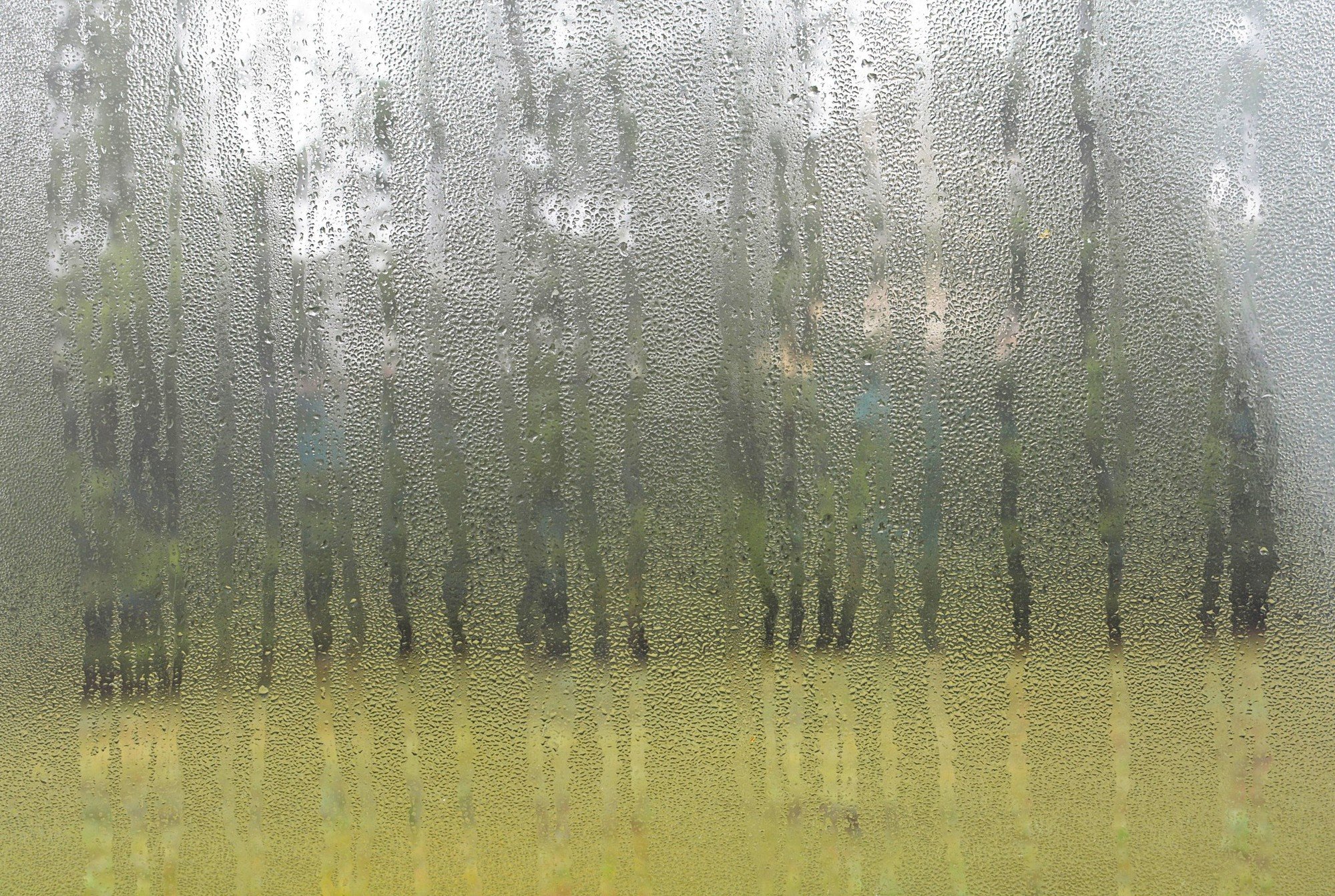
Keeping skin hydrated is key, which is why we should always drink plenty of water, use plenty of moisturizer, and keep the air around us nice and humid — especially in the winter, when having the heater on 24/7 is sure to dry out the air in our homes.



